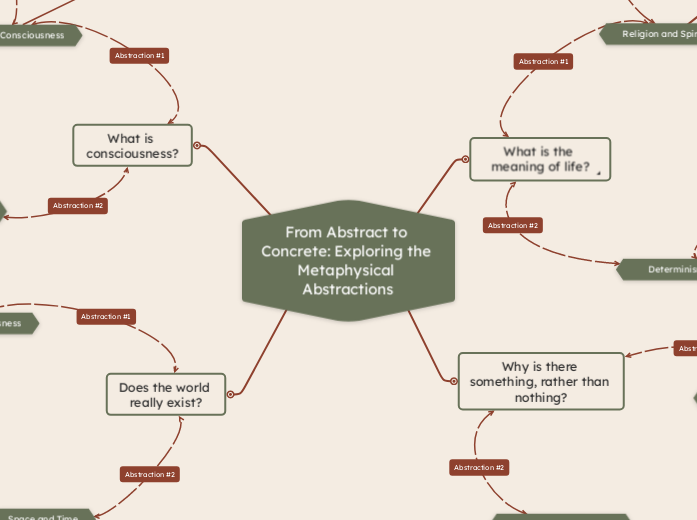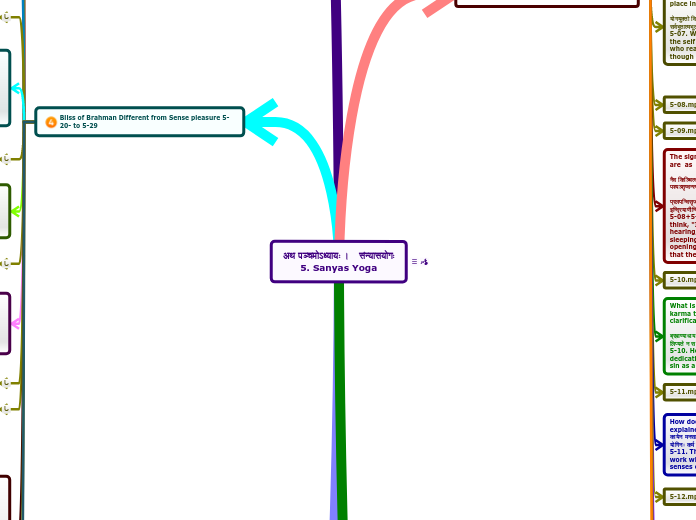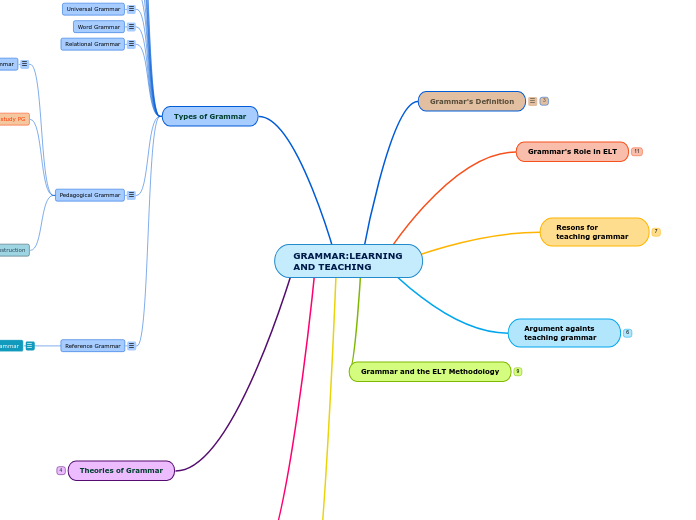par Tranum Johal Il y a 10 mois
153
From Abstract to Concrete: Exploring the Metaphysical Abstractions
The text explores the idea that the physical world is the only reality, positing that mental processes, including perception and consciousness, are byproducts of biological and neurological functions, thereby making them physical in nature.









